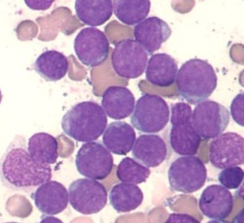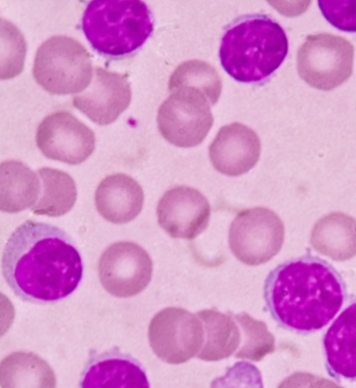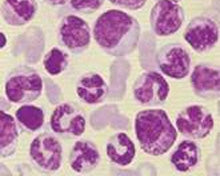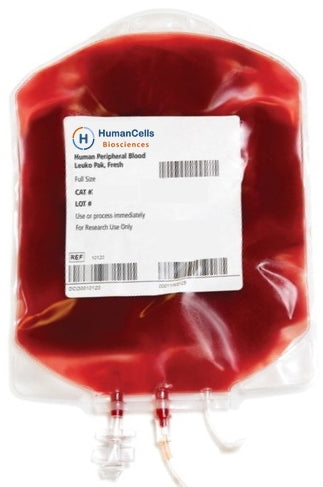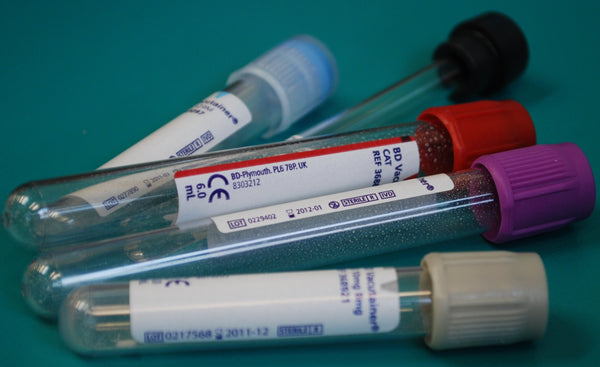Hepatitis C Leuko Pak / Whole Blood / Plasma

Hepatitis C virus (HCV) is a positive-strand RNA virus that infects the hepatocytes, causing progressive liver damage, which might result in liver cirrhosis and hepatocellular carcinoma. Globally, there are roughly between 64 to 103 million people chronically infected with HCV. HCV infection is spread by contact with infected blood. It first became evident in 1974 that a non A/non B hepatitis virus existed (Hepatitis C virus, HCV). Finally, a test was discovered that could be used to identify the virus in 1989 and from the early 1990s all blood units were screened for HCV. Hepatitis C is more likely to cause liver disease than Hepatitis B. HCV contains two envelope glycoproteins and a core protein. Assembly of HCV requires lipid droplet and lipoprotein metabolism. Mature virus is released as lipoviral particles.
Leuko paks are obtained when they become available to our network of clinicians, by a donation process where blood is withdrawn from the donor via leukapheresis utilizing an apheresis machine such as the COBE Spectra Optia®. The donor’s white blood cells are selectively collected and the remaining blood is reinfused to the body. We can also collect whole blood and plasma samples from the patients. Some disease types may have a long backorder depending on the frequency of the disease occurrence in the general population.
HumanCells’ Hepatitis C products are obtained from patient donors who are fully consented and IRB approved.

| Catalog# | Format | Product name | Size | Price | Quantity |
|---|


